‘There is nothing surprising in a Muslim or a Pathan like me subscribing to the creed of nonviolence. It is not a new creed. It was followed 1,400 years ago by the Prophet all the time when he was in Mecca,’ said Khan Abdul Ghaffar Kham, whose influence and fame as Pashtun nationalist and proponent of nonviolence and social reform crossed the Durand Line (the Afghan ‘border’) on both sides. Born into the Muhammadzai tribe, from the Charsadda valley in the Pakhtun heartland, this passionate believer in the nonviolent core of Islam sought to wean his people-the fierce warrior Pakhtuns or Pathans of the North-West Frontier Province-from their violent traditions and fight for a separate Pakhtun homeland that would no longer be a buffer between Russia and Britain in the Great Game. In 1929 came Mahatma Gandhi’s call for nonviolent resistance against British rule and Badsha Khan, as he was known to many, responded by raising the Khudai Khidmatgars (‘Servants of God’), an ‘army’ of 1,00,000 men who pledged themselves to the service of mankind and monviolence as creed. For this, and for his steadfast devotion to his principles, this towering figure was imprisoned for a total of twenty-seven years, first by the British and later by the Pakistani government. In this engaging biography, Rajmohan Gandhi offers fresh insights into the life and achievements of an extraordinary man, drawing close parallels with the life of Mahatma Gandhi, his ‘brother in spirit’. He looks at Ghaffar Khan ‘with the spectacles of today rather than those of 1947’, emphasizing that for people in the twenty-first century who live in the shadow of September 11, Badsha Khan’s unwavering commitment to nonviolence and Hindu-Muslim unity offers valuable lessons.
Why Gandhi Still Matters: An Appraisal of the Mahatma’s Legacy
Close to 150 years after he ...
$45.00
$50.00

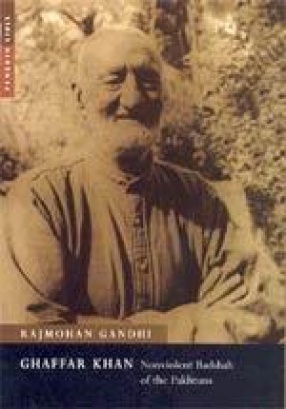
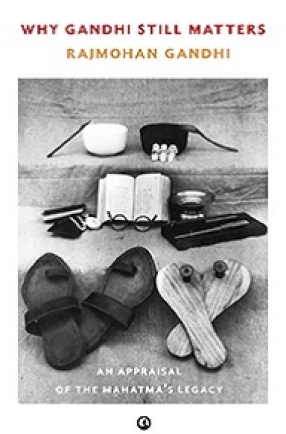
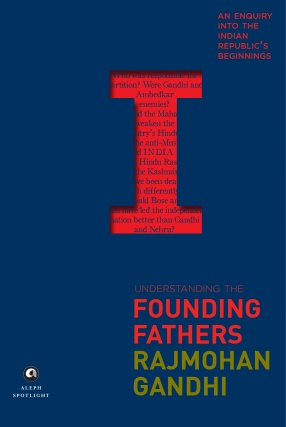

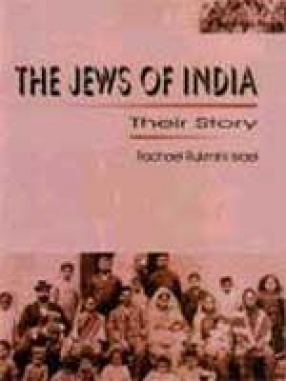
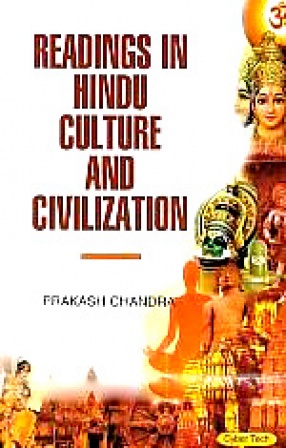
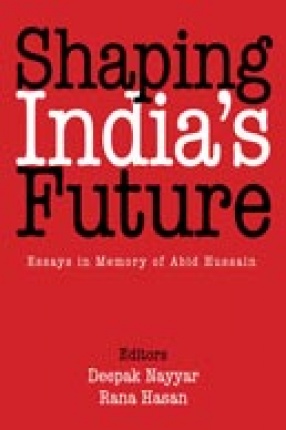
There are no reviews yet.